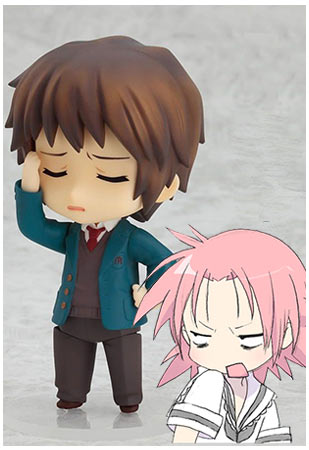The concept of humor is a complex one, and it’s not uncommon for something that’s funny in one language to fall flat in another. I remember watching Monty Python and the Holy Grail with my wife, trying to explain the concept of “British understatement” to her, and why it’s amusing for a powerful mage who can throw fireballs to have a run-of-the-mill name like Tim instead of something more extravagant. As an American, I’ll occasionally take a statement I might make in English — perhaps channeling Homer Simpson’s classic “Look at me! I’m making people happy! I’m the Magical Man from Happy-Land, in a gumdrop house on Lollipop Lane!” — and say it in Japanese, invariably receiving blank stares in return. It’s no surprise my jokes don’t always go over in Japanese, as the concepts of sarcasm (a sharp verbal mocking), irony (expressing humor with unexpected words, usually meaning the opposite of what you really want to communicate), and cynicism (a bitter and pessimistic view of life) all generally translate to the same word in Japanese (hiniku).

Concepts like sarcasm work differently in Japanese.















